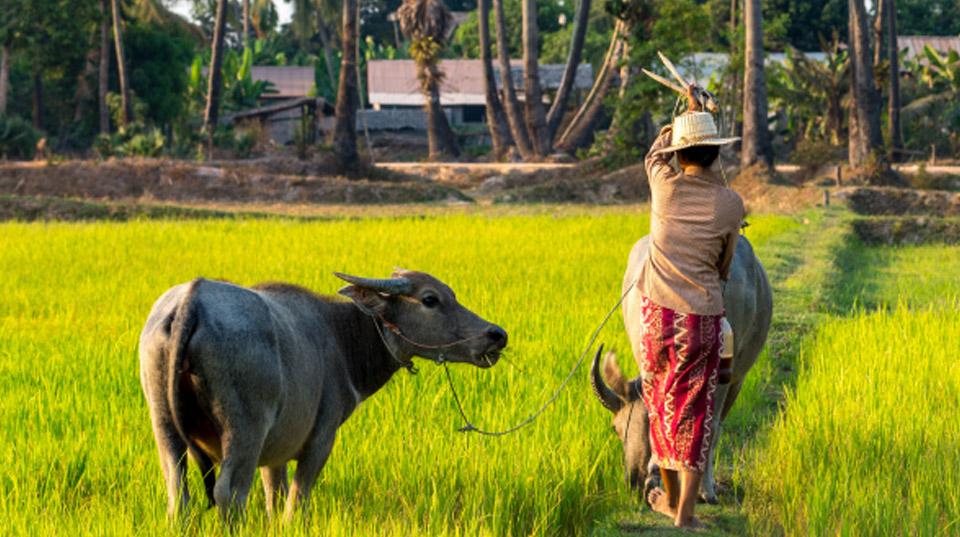Overview
Declining soil fertility and biological soil health represent a major threat to sustainable agricultural development in the Pacific. Traditional land management systems on the Pacific islands were based on a long bush-fallow system; in the case of atolls, recycling of large amounts of organic material in pits or heaps.
However, smallholders who have intensified crop production to supply growing urban and export markets have typically failed to replenish soil nutrients and organic matter adequately - leading to falling yields and problems with soil-borne diseases and nematodes that characterise declining soil health.
An earlier ACIAR project on the Development of Sustainable Agriculture in the Pacific (DSAP), involving 16 Pacific Island countries, had considerable success in introducing participatory research and extension approaches to diagnose crop production problems and develop solutions. ACIAR also funded a Small Research Activity (PC/2010/038) to assess the status of soil health research and extension in the target countries (Fiji, Samoa and Kiribati).
In Queensland, soil health issues in intensive horticultural crops have arisen mainly through an over-reliance on inorganic fertiliser and pesticides. Here researchers have successfully developed concepts and methods in soil health management (especially in banana production systems) that are at an early stage of encouraging adoption by growers.
Project Outcomes
This project was built on the lessons learned during the DSAP and the SRA. It had three objectives:
- To elucidate crop production and related soil health problems at specific pilot sites and develop physical, chemical and biological indicators underpinning an integrated approach to improving soil management;
- To evaluate 'best-bet' soil improvement practices for sustaining intensive Pacific crop production;
- To increase the understanding of soil health concepts (including physical, chemical and biological processes) among smallholder horticulture producers and their service providers and enhance their capacity to apply these concepts for sustained productivity.




